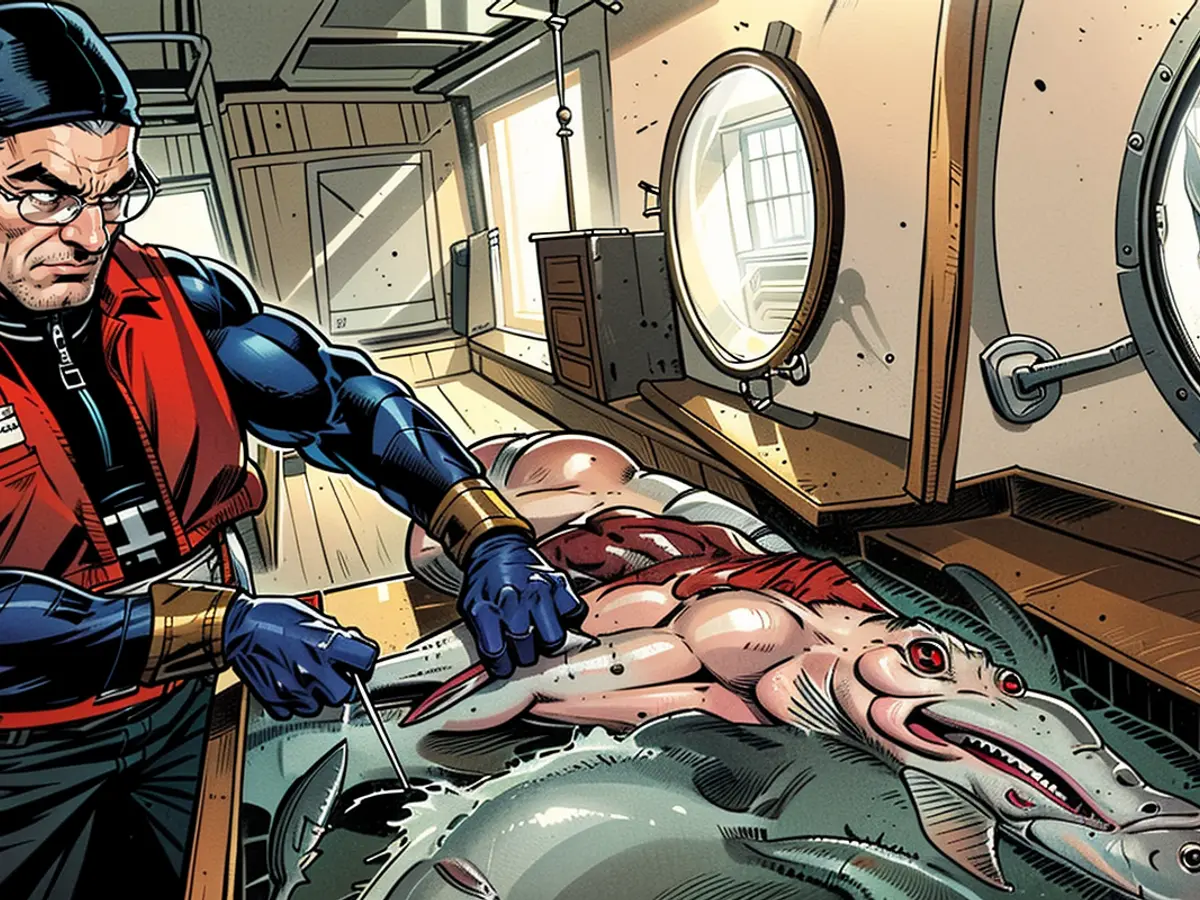anticipated frequency of net catches decreasing significantly among Baltic fishermen
Fishermen might experience a decrease in catches from the Baltic Sea, as suggested by the EU Commission's recent proposal. This proposition entails reduced quotas for various species like sprat, salmon, and cod, as stated in an announcement.
For instance, the sprat quota is projected to decrease by approximately 42%, dropping to approximately 117,000 tonnes. The Commission also proposes drastic reductions in allowed bycatch due to species preservation concerns. In the western Baltic Sea, this would translate into a 73% reduction in cod allowance and a 50% reduction in herring allowance, resulting in a maximum catch of only 93 tonnes of cod and 394 tonnes of herring. Bycatch refers to non-target fish that often perish in nets. Even small-scale coastal fishermen are not immune to these regulations, starting from the next year. However, the proposal suggests an increase of about 108% in herring catch limit in the central Baltic Sea, with a quota of around 83,900 tonnes.
Vice-President of the EU Commission, Maros Sefcovic, expressed concern in the announcement over the poor condition of fish stocks in the Baltic Sea. He highlighted the significance of addressing the serious state of economically important species. According to Brussels, biodiversity pressure in the Baltic Sea has existed for years due to high pollution levels and long-term overfishing, leading many species to the brink of extinction.
EU Decision in October
The Commission proposes yearly how much fish can be caught in EU seas, with the aim of preventing stock collapse. The final quotas are then decided by the EU's fisheries ministers - in Germany's case, this responsibility falls on Cem Özdemir.
The ministers will discuss the proposal on 21 and 22 October. The countries are not obliged by the scientific recommendations. They frequently decide on quotas exceeding the recommendations, and the total catch is then divided into national quotas for member states.
As per a report by the Federal Agency for Agriculture and Food, Germany's deep-sea and coastal fisheries landed the most fish in Germany last year, primarily in the state of Bremen. This was followed by Mecklenburg-Vorpommern, Schleswig-Holstein, and Lower Saxony.
The European Commission, led by Vice-President Maros Sefcovic, expressed concerns about the poor condition of fish stocks in the Baltic Sea due to high pollution levels and long-term overfishing. The EU Commission proposed reducing quotas for various species, including a 73% decrease in cod allowance and a 50% decrease in herring allowance in the western Baltic Sea.








